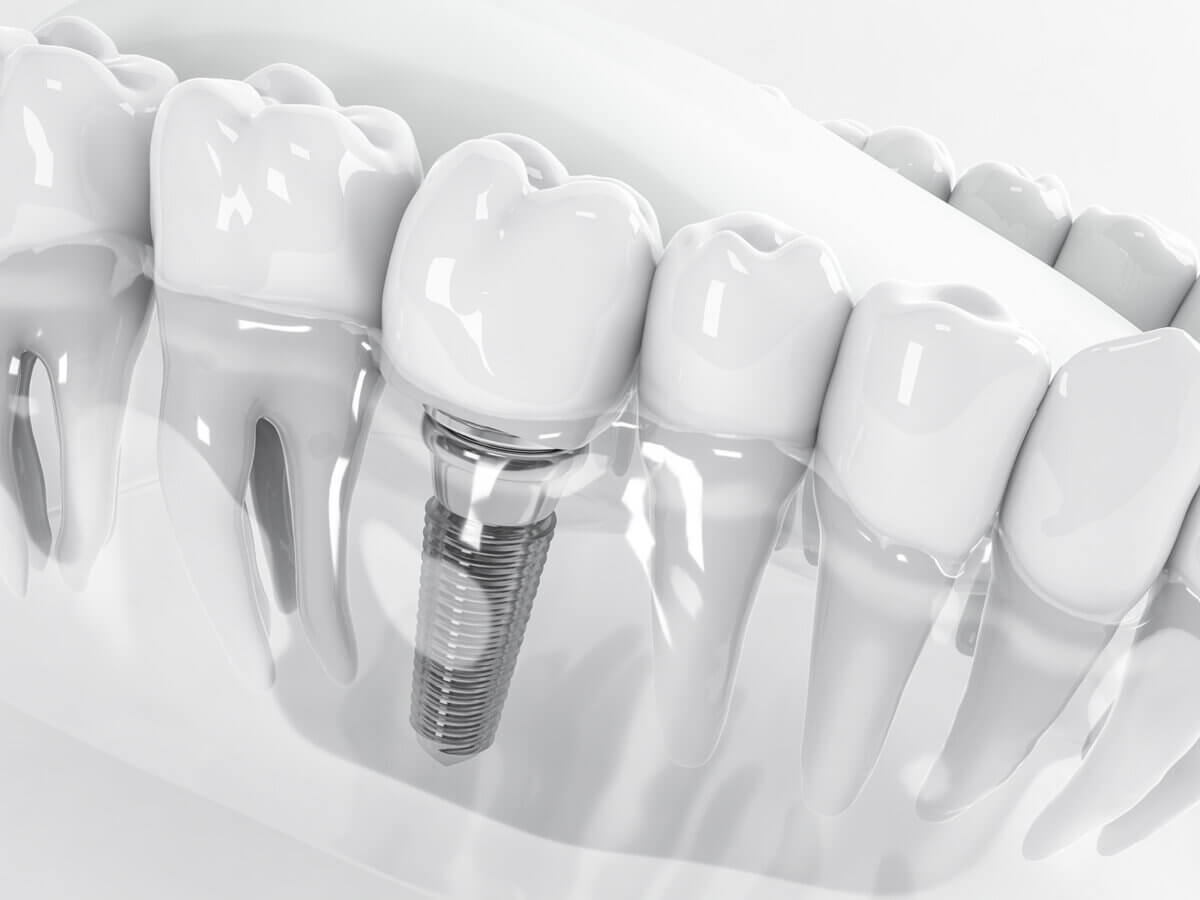Blog
Dental hygiene tips for healthy teeth & gums

What Are The Most Common Complications of Dental Implants?
The use of dental implants to restore missing teeth has grown in popularity because of their many benefits regarding oral health and aesthetics. Despite the high success rate of dental implant treatments, it is essential to be aware of the possibility of problems.
Both patients and dentists must have an understanding of the potential dangers and consequences of oral implants. The article delves into the most typical issues with dental implants, what causes them, and how to deal with them.
Common Complications of Dental Implants
- Peri-Implants:
One of the most typical problems that might arise from oral implants is peri-implantitis. It describes the development of infection and inflammation in the tissues next to the implant. When bacteria are allowed to build up around the implant site due to improper oral hygiene, the result is peri-implantitis.
Pain, pain, redness, swelling, and bleeding are all symptoms. Peri-implantitis can be avoided with diligent daily brushing, daily flossing, and biannual or annual oral checkups and cleanings. Prompt diagnosis and treatment, including professional cleaning, antibiotic medication, and surgical intervention for severe instances, are essential for efficiently managing the illness.
- Typical reasons:
It is known as implant failure when it fails to fuse with the jawbone and maintains its initial stability. Inadequate surgical technique, insufficient bone quantity or quality, infection, inflammatory illnesses, or systemic conditions like diabetes can all contribute to implant failure.
Implant failure can be exacerbated by smoking and by some drugs. Choosing patients wisely, developing detailed plans for therapy, and performing precise procedures are all crucial in reducing the likelihood of implant failure. For early failure identification and quick intervention, it is essential to schedule regular follow-ups and maintenance sessions.
- Minimal Nerve Injury:
Dental implant placement can cause minimal nerve injury, most commonly to the front mandible’s mental nerve and the lower jaw’s inferior alveolar nerve. Lips, chin, and tongue numbness, tingling, or altered sensation may result from transient or chronic nerve injury.
Preoperative radiographic evaluation and careful preoperative surgical planning can reduce the risk of nerve injury during surgery. To prevent nerve damage during oral procedures, dentists must be familiar with critical anatomical landmarks and use safe surgical procedures.
Other Reasons For Complications Of Dental Implants
- There is a chance of sinus-related problems with dental implants in the posterior maxillary region.
- Sinusitis, infection, or rupture of the sinus membrane can occur if the implant protrudes into the maxillary sinus or impedes sinus drainage.
- Bone height and the risk of difficulties due to sinus closeness can be determined with reliable radiographic examinations and three-dimensional imaging if treatment is planned ahead of time.
- The bone amount can be increased, and sinus-related issues avoided through sinus augmentation treatments, if necessary.
- Mucosal recession, insufficient soft tissue attachment, and the development of large pockets around a dental implant are all examples of mild tissue problems. These problems can threaten the integrity of the implant restoration and its potential to restore aesthetics.
- Careful surgical methods can avoid soft tissue problems, such as atraumatic flap elevation and correct implant placement.
- Maintaining healthy soft tissue surrounding dental implants requires adequate keratinized tissue and routine maintenance visits.
Wrapping Up
Dental implants are an excellent option for replacing lost teeth, but it’s essential to be aware of the risks involved. Dental professionals can improve treatment outcomes and give patients durable, functional, and aesthetically pleasing results by being aware of and responding to these common problems.
To ensure the success and lifespan of dental implants, patients must take an active role in maintaining good oral hygiene practices and attending frequent oral checkups. Minimizing the dangers associated with oral implants and maximizing the benefits of a confident smile and better oral health requires thorough treatment planning, excellent surgical skills, and suitable patient selection.


